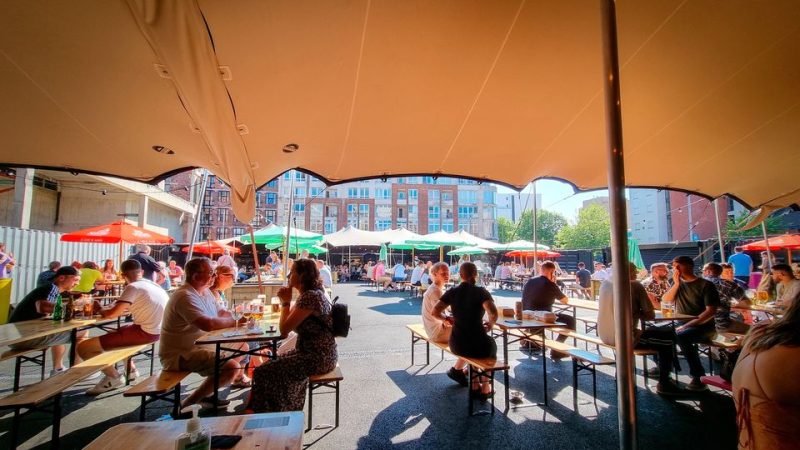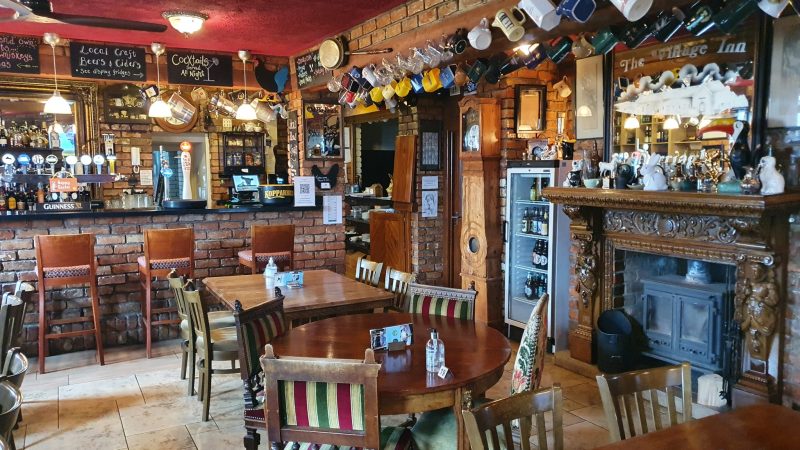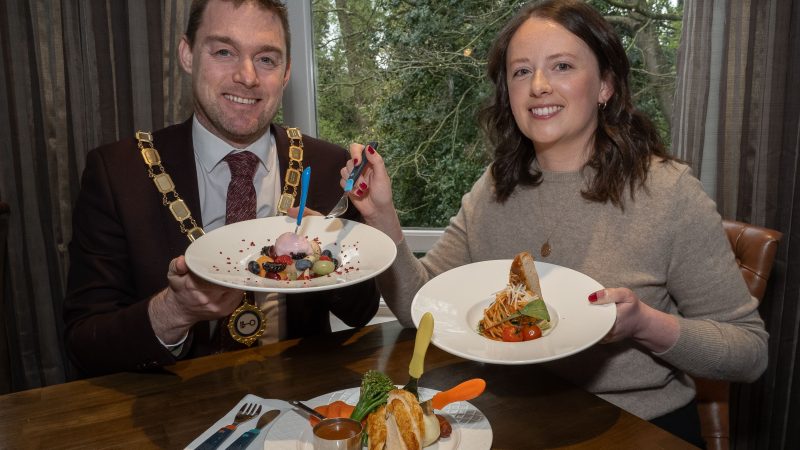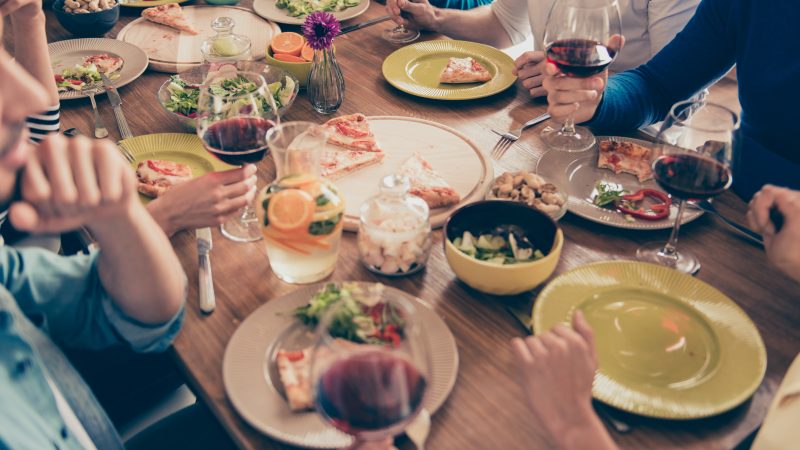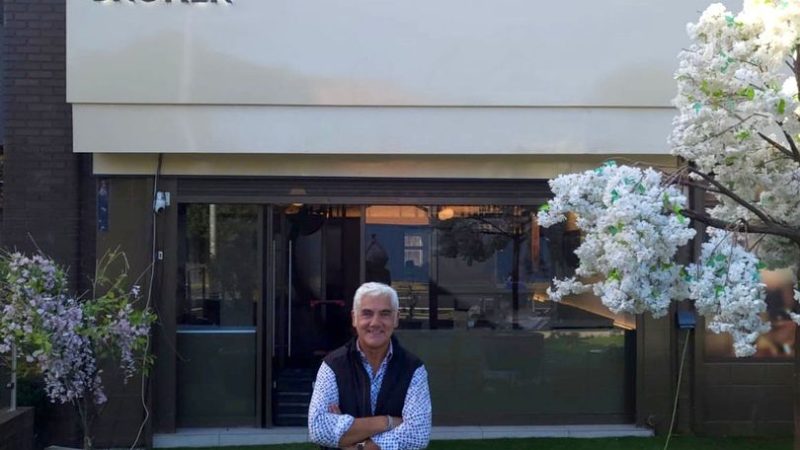Irish trade body warns of ‘no deal’ impact

The Drinks Industry Group of Ireland – an umbrella organisation for the sector – believes that a ‘no-deal’ Brexit could lead to a ‘recession-type’ decline in the drinks and hospitality trades across the entire island.
Speaking recently, Rosemary Garth, chairwoman of the RoI-based group, warned:
‘The government must do everything in its power to reduce the grave harm that a no-deal Brexit would have on thousands of businesses and more than a hundred thousand jobs.’
The DIGI believes that if Boris Johnston is elected as the new British PM tomorrow – as is widely expected – the drinks and hospitality industries in Ireland will suffer, particularly in rural areas.
Mr Johnson has pledged to take the UK out of the EU with or without a deal by the deadline of October 31.
Pointing out that in the event of a no-deal exit from the EU, the UK and the EU will need to negotiate a separate bilateral trade deal – a process that could take years – the DIGI went on to predict that such a scenario would have ‘disastrous ramifications’ for drinks and hospitality in Ireland.
It has called on the Irish government to reduce alcohol tax by 15 per cent over the next two years to help business cope with rising costs.
Ms Garth said that she believed that the good growth seen in the drinks and hospitality trades in Ireland would be threatened if Boris Johnston took the British PM’s post:
‘His election would greatly increase the chance of a no-deal Brexit which, by extension, would jeopardise the long-term growth prospects of Irish drinks and hospitality businesses that depend on stable British tourism and export markets,’ she added.
‘A large-scale, long-term reduction in visitor numbers from the UK would have dire ‘recession-type’ effects on the drinks and hospitality sector, particularly in rural Ireland and lead to job losses and business closures,’ she added.
Directly and indirectly, the drinks industry in Ireland employs around 90,000 people and wider hospitality employs more than 175,000 people, generating 1.4bn euros in exports each year.



